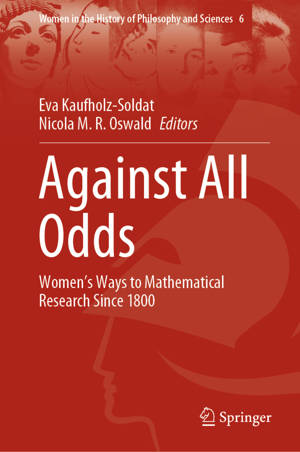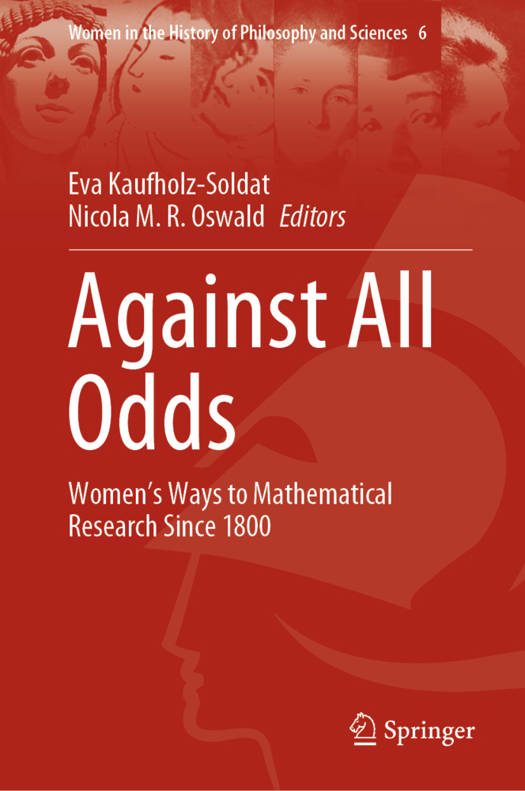
- Afhalen na 1 uur in een winkel met voorraad
- Gratis thuislevering in België vanaf € 30
- Ruim aanbod met 7 miljoen producten
- Afhalen na 1 uur in een winkel met voorraad
- Gratis thuislevering in België vanaf € 30
- Ruim aanbod met 7 miljoen producten
Against All Odds
Women's Ways to Mathematical Research Since 1800
Omschrijving
This book presents an overview of the ways in which women have been able to conduct mathematical research since the 18th century, despite their general exclusion from the sciences. Grouped into four thematic sections, the authors concentrate on well-known figures like Sophie Germain and Grace Chisholm Young, as well as those who have remained unnoticed by historians so far. Among them are Stanislawa Nidodym, the first female students at the universities in Prague at the turn of the 20th century, and the first female professors of mathematics in Denmark. Highlighting individual biographies, couples in science, the situation at specific European universities, and sociological factors influencing specific careers from the 18th century to the present, the authors trace female mathematicians' status as it evolved from singular and anomalous to virtually commonplace.
The book also offers insights into the various obstacles women faced when trying to enter perhaps the "most male" discipline of all, and how some of them continue to shape young girls' self-perceptions and career choices today. Thus, it will benefit scholars and students in STEM disciplines, gender studies and the history of science; women in science, mathematics and at institutions, and those working in mathematics education.
Specificaties
Betrokkenen
- Uitgeverij:
Inhoud
- Aantal bladzijden:
- 319
- Taal:
- Engels
- Reeks:
- Reeksnummer:
- nr. 6
Eigenschappen
- Productcode (EAN):
- 9783030476090
- Verschijningsdatum:
- 30/07/2020
- Uitvoering:
- Hardcover
- Formaat:
- Genaaid
- Afmetingen:
- 156 mm x 234 mm
- Gewicht:
- 657 g

Alleen bij Standaard Boekhandel
Beoordelingen
We publiceren alleen reviews die voldoen aan de voorwaarden voor reviews. Bekijk onze voorwaarden voor reviews.










